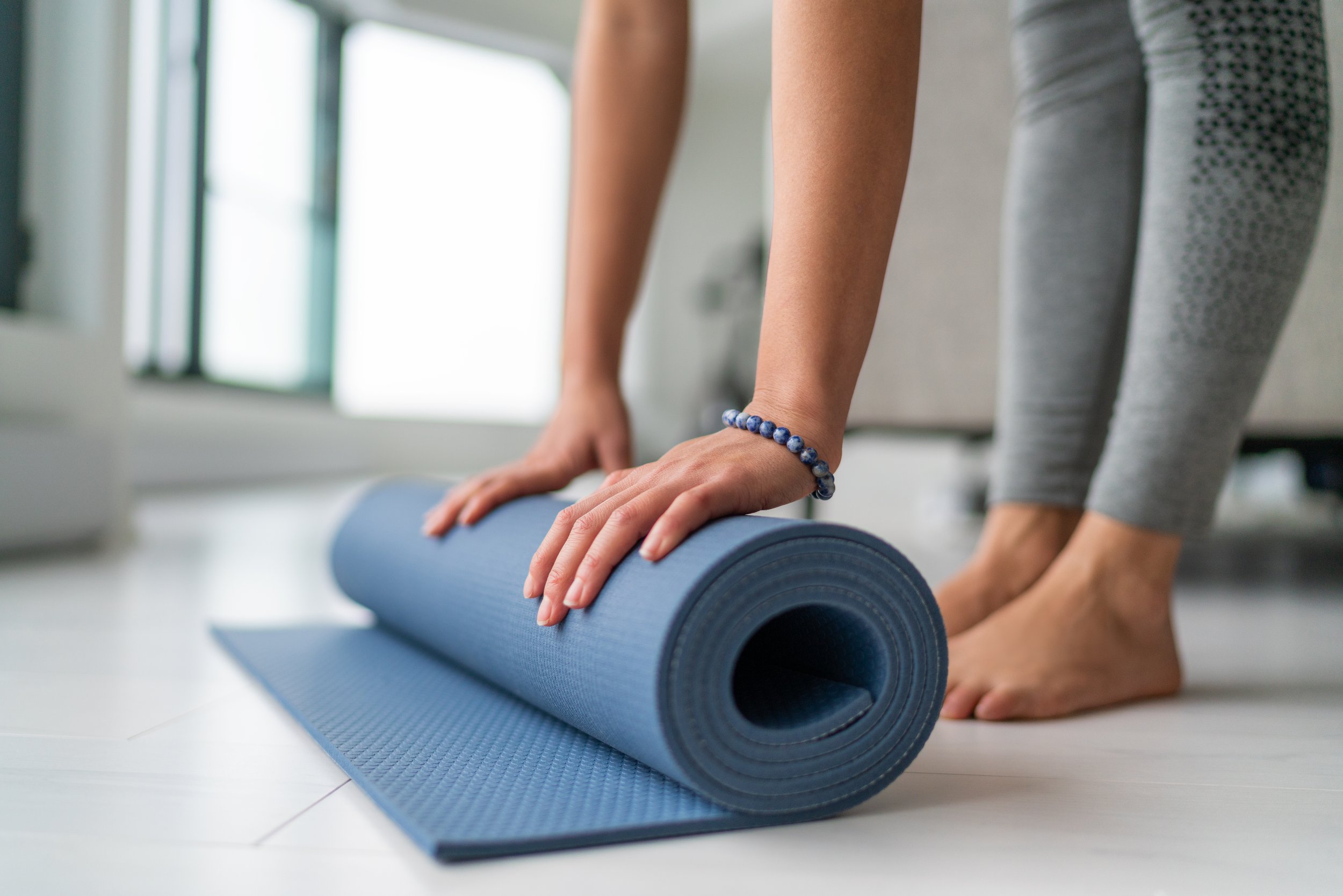
Mental Wellness hub
The aim of this Hub is to provide you with some simple strategies for managing daily stress and negative thoughts.
The tool kit should help with the following;
Boosting self-esteem
Boosting positive thinking
Aiding you to create healthy routines
Prevent burnout
Provide you with self-care advice
Protect mental wellbeing
We believe self-care is vital to living a happy and fulfilling life. Some of these self-help tools can be carried out in five minutes so they are easily fit into a busy routine. Other tools can be carried out over a longer period of time if you are fortunate enough to have some time to explore these strategies further.
We believe if we take the time to become more self-aware, we can prevent ourselves becoming over stressed. It can be so easy to take on too much and loose ourselves in the hustle and bustle of daily life. The Wellness Hub hopes to encourage you to take some time to yourself to take a step back to look at your life and start making healthy choices.
Disclaimer- this is a self-help toolkit for dealing with daily stress and creating positive self-care routines. If your negative thoughts are consuming you or effecting your daily life, please seek professional help either by speaking to your GP or calling the Samaritans for advice on 116 123
Organisation/ planner
Do you often feel overwhelmed by the amount you have to do?
Many of us struggle with balancing life, and looking at the week ahead can be daunting; it may feel like there is a mountain of responsibilities to get through.
Getting into the habit of making a to-do list means you can see all your tasks written down in one place you don’t need to worry about forgetting anything and the satisfaction of ticking each item off is a little win.
Start by writing the list of tasks you need to complete, then number the priority and finally schedule when you are going to carry out each task. It may be that some weeks some things have got to give, it's all about compromise. Once you have written your list and schedule you may start to feel more relaxed as you have a plan in place.
Download your planner here.
Gratitude journals
Research suggests that gratitude journaling increases overall feelings of happiness and reduces depressive thoughts. Gratitude journaling is the habit of reflecting on things you are grateful for and writing them down on a regular basis. This is a way of reframing our thinking from negative to more positive, building up resilience to deal with negative situations.
Try completing our Gratitude Journal Template every day, if you don’t have time to fill it out at least spent a moment reflecting on your day and thinking of things you are grateful for.
Download your gratitude journal here.
Wellness action plan
Workplace stress can affect us all in different ways, this could range from having an important meeting on the schedule to feeling swamped and overwhelmed. If workplace stress is not managed and addressed early this can lead to burn out.
Burnout is a state of physical and emotional exhaustion. It can occur when you experience long-term stress in your job, or when you have worked in a physically or emotionally draining role for a long time. Burnout does not happen overnight and there are ways we can recognise the signs early and prevent ourselves from getting to this stage.
Workplace stress can sometimes feel out of our control, the wellness action plan can help you manage this feeling by regaining control of your wellbeing at work.
Find your Wellness action plan template here.
Meditation
Meditation can give you a sense of calm, peace and balance that can benefit both your emotional well-being and your overall health.
These benefits don't end when your meditation session ends. Meditation can help carry you more calmly through your day and may help you manage symptoms of certain medical conditions.
Yoga
Yoga has many benefits for your physical and mental health such as;
-great for stress management
-more energy
-improves mood
-relaxing
-improves sleep
-improves strength, balance and flexibility
-promotes better self-care
Sleep routines
It probably won't come as a surprise to learn that sleep has a huge impact on our mental and physical wellbeing yet many of us neglect this part of the day. For most people they haven't considered their evening routine but this may be the key to improving our overall mood.
Improving our sleep routine by using a few simple steps could massively improve sleep quality and overall mood.
Find some top tips on getting a good nights sleep here.
Positive self talk
Positive self-talk is about reframing our thinking to more positive, many of us find it easier to think of the worst-case scenario than the best-case scenario. Self-talk is that little voice in our head that comments on our day-to-day situations. For example, you may be sitting in a meeting at work but your self-talk voice in your head is saying “thank god it’s nearly lunchtime I am starving”.
Sometimes our self-talk is negative and can wind us up and leave us feeling frustrated and upset. For example, you might miss the bus and your negative thoughts are saying “I’m hopeless I can’t even make the bus on time the whole day is ruined because I am useless”. This might then lead us to behave in a way that we aren’t proud of, sulking or being snappy to loved ones.
By training yourself to swap to a more positive tone you should look on the bright side “Good job there is another bus on the way, I can still have a great day, I am human sometimes things don’t go to plan”. In this scenario, we are much more likely to behave in a positive way too. This is a great example of how we are responsible for our own actions and thoughts; we can always look towards the bigger picture.






